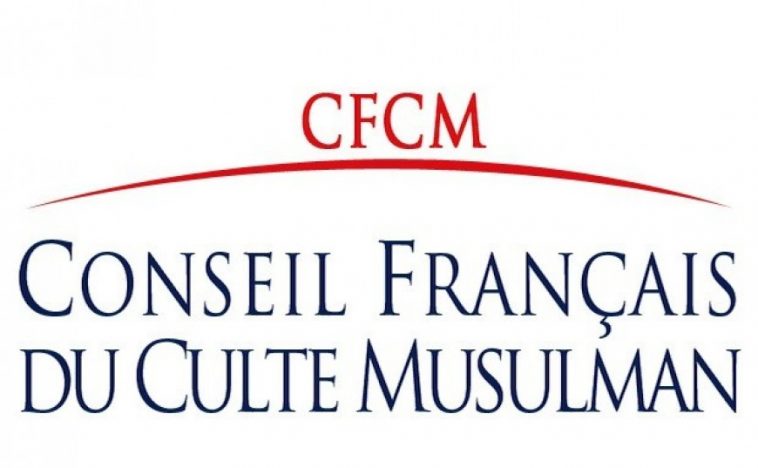French media is reporting on Turkish influence on its diaspora in connection with cooperation between two religious groups and one NGO with ties to the Turkish government. According to the Le Journal du Dimanche report:
Long autonomous from the Turkish government, the Millî Görüs is now at the service of Turkish President Erdogan’s policies and serves as a relay for the diaspora in France. To do this, it works with the DITIB, the French branch of the Diyanet, the powerful state religious administration that pays imams and controls 250 Turkish mosques, both on national soil and abroad. More than 150 Turkish imams, civil servants seconded by the Diyanet who most of the time do not speak French, officiate in these mosques. In total, the Turkish state dominates the French landscape by having control over nearly 400 mosques and prayer halls, out of a total of about 2,500. Ahmet Ogras, a distant cousin of the wife of the Turkish president, also chaired the French Council of the Muslim Faith (CFCM) from 2017 to 2019 on behalf of Turkish organizations.
[autotranslated by DeepL with edits]
Read the rest here.
Millî Görüş is a Turkish political movement whose ideology and political agenda called for an end to the secular regime in Turkey and operates in at least 12 European countries.
As the Global Influence Operations Report (GIOR) recently reported, France has been weakening the Diyanet and DITIB by closing its bank accounts and ending a program that allowed Turkey to send imams to teach in France. The GIOR has also reported that the German government is asserting that Turkey’s governing Justice and Development Party (AKP) has intensified its relations with Millî Görüş in Germany.
The Le Journal du Dimanche article goes on to discuss another important organization of Turkish influence in France, which is also tied to Millî Görüş:
Beyond mosques and schools, pro-Turkish political-religious activism has intensified in recent years as the Turkish government tries to strengthen its control over the 500,000 Turkish citizens or those of Turkish origin. The COJEP (Council for Justice, Equality and Peace), founded in the 1990s in Belfort by some Islamist and nationalist militants from the diaspora, has played a pioneering role. This organization can be proud of being recognized and consulted by the UN or by the Council of Europe, with a clearly political agenda. She is involved in the negation of the “alleged Armenian genocide” and against her teaching at school, supports the fight against “terrorism” of the Turkish government, and denounces Islamophobia in France. COJEP, which has recognized financial links with AKP, the ruling party in Turkey, is led by Ali Gedikoglu, an ultranationalist activist convicted of “incitement to hatred” in 2018. According to him, Recep Tayyip Erdogan is “the Mandela” of the 21st century. His son Hamza Gedikoglu was appointed adviser to President Erdogan this summer.
The Council for Justice, Equality and Peace (COJEP) is an NGO based in Strasbourg, France, that describes itself as working in the spheres of human rights, democracy, fighting against racism and discrimination, intercultural dialogue, and other societal matters. COJEP was founded in 1992 in Belfort, France, and shared its headquarters with Millî Görüş. COJEP acted as the youth branch of the movement before splitting from it and moving to Strasbourg in 1996 and COJEP’s founder and president, Ali Gedıkoğlu, has called Millî Görüş his “camp.” COJEP has taken similar positions as the AKP inlcuding using AKP talking points in speaking against criticism of the Turkish government’s handling of the Gezi Park protests.
Additionally, a recent GIOR analysis of the French Council of the Muslim Faith (CFCM), an umbrella organization of French Muslim organizations, reported that the CFCM includes members from different Islamic federations, many of which are tied to foreign and transnational influence actors, including Turkey as well as Morocco, Algeria, and the Global Muslim Brotherhood.









COMMENTS
Comments are closed here.